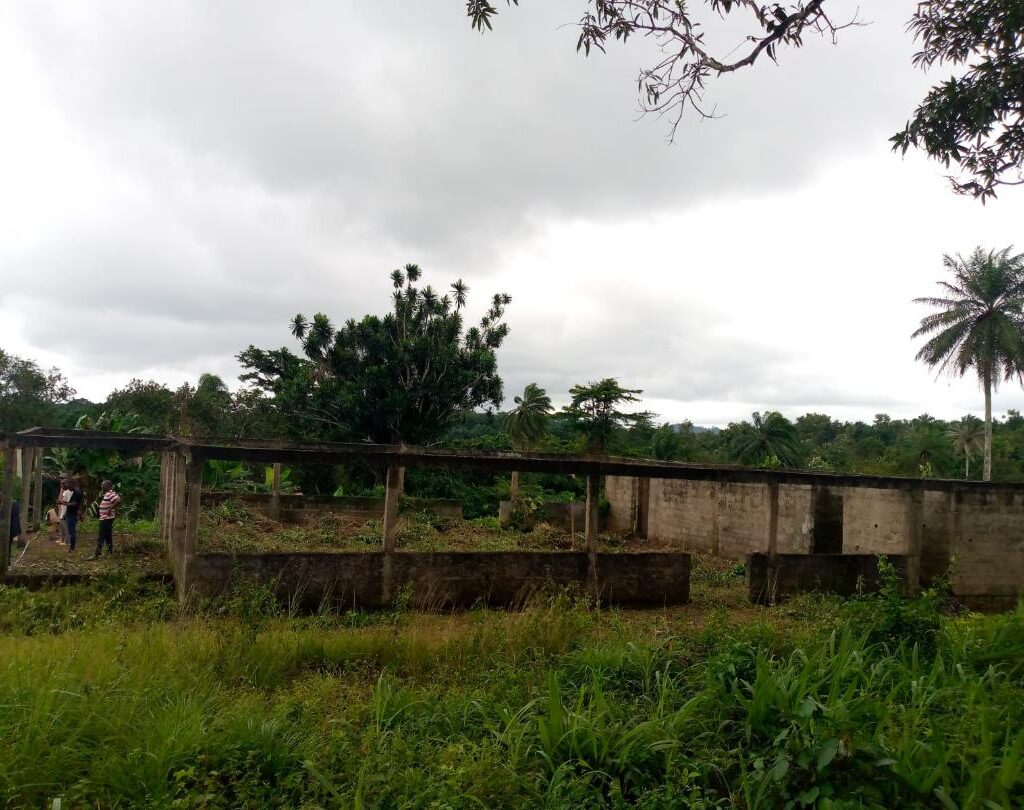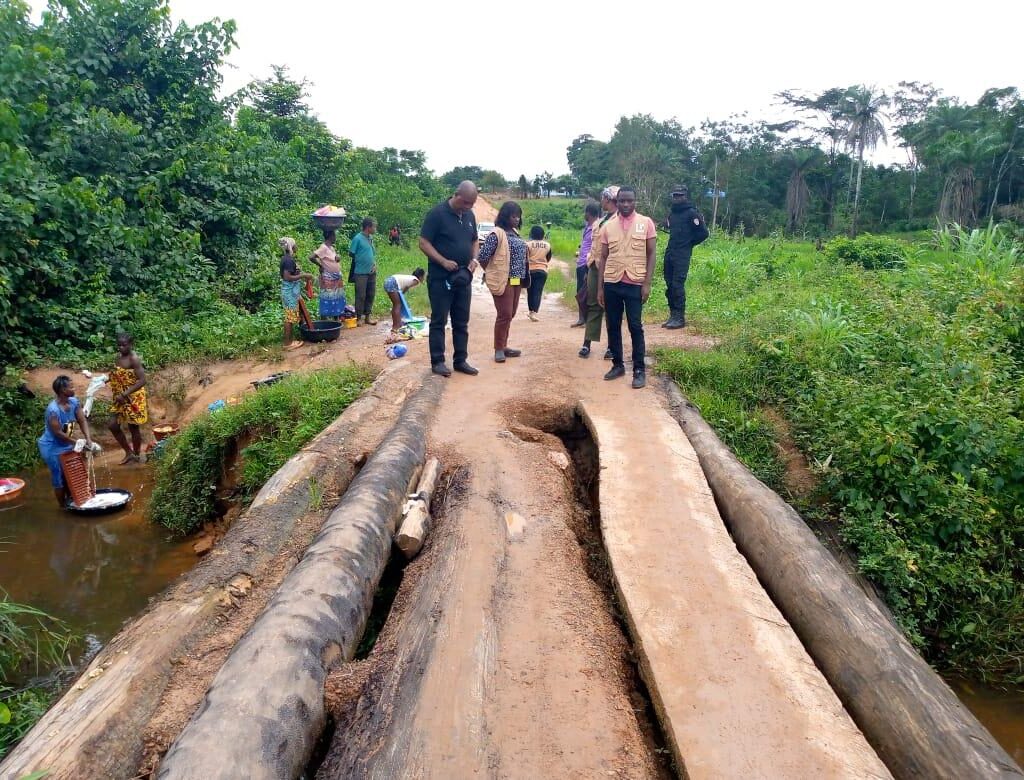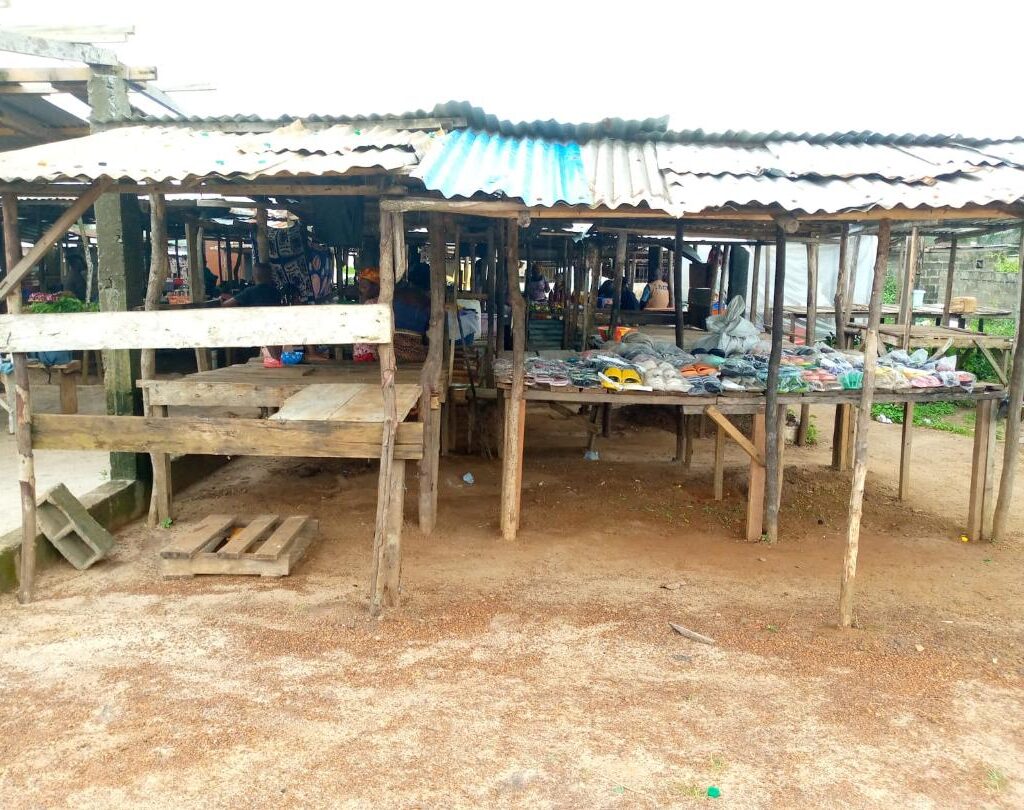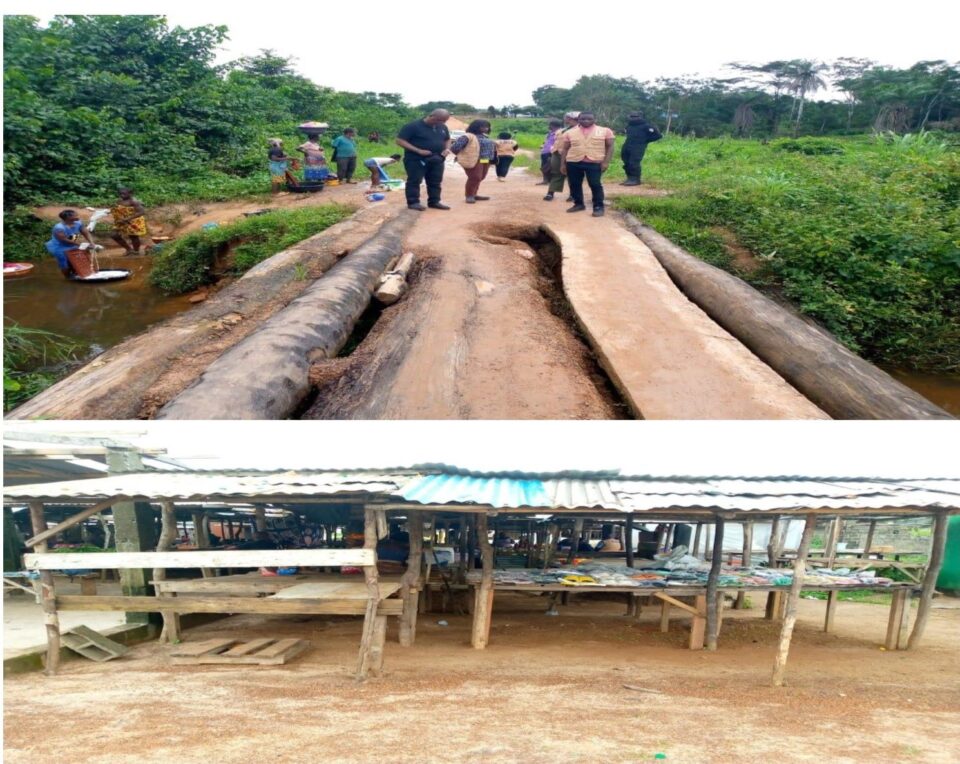What Did The Assessment Mission Find Out?
PHOTO: Partial view of some of the projects assessed
By Alfred Kollie alfredkolliejr92@gmail.com
The Liberia Agency for Community Empowerment (LACE) has completed an assessment and verification process for community development projects in Margibi, Bong, and lower Lofa Counties.
The assessment was initiated to implement the Legislative Support Project, which began in 2013 under the leadership of former President Ellen Johnson Sirleaf.

Over 300 project proposals were submitted to LACE by residents through their elected Representatives and Senators across the country.
In the 2024 Budget for Legislative Projects, a total of US$13.2 million was allotted, indicating a commitment to grassroots development and decentralization.
Each representative has been allocated US$100,000 for district development funds, while senators will receive US$150,000 each.

This funding will ensure that at least US$500,000 is available for project counties with two or more representatives.
LACE was mandated by the Liberian National Legislature to execute these projects.
As part of the assessment, seven teams were dispatched to all 73 districts, consisting of an independent journalist, engineer, architect, procurement officer, M&E officer, legislative liaison officer, physical auditing officer, and drivers.
The objectives of including a journalist in the assessment teams were to highlight the role of legislators in the budget passage and project selection process and to promote community development.

The journalist was also responsible for making radio appearances to explain the initiative and its significance to various community radios in Kakata, Gbarnga, and Zorzor, respectively.
During the assessments, project sites such as bridges, markets, clinics, schools, administrative buildings, safe water systems, and road rehabilitation were all visited.
The teams conducted interviews with community leaders, youth, women, elders, and residents to verify the projects and understand the selection process.
Videos and pictorials of each proposed site were collected for daily reporting during the verification process.
Out of the 28 legislative support project sites in Margibi, Bong, and Lower Lofa, 98% were visited and verified.
The remaining 2% were not visited due to an issue with Senator Jonny Kpehe of Bong County.
The proposed projects were predominantly welcomed by residents based on the specific needs of each region, including the construction of schools, clinics, bridges, market buildings, town halls, safe water systems, youth centers, and road rehabilitation.
However, some projects, such as district trucks, scholarships, fencing of football fields, and sanitary pads for students, were not well-received by the community.
There were concerns that these projects would not have a significant impact or would be selectively distributed based on personal interests.
In one instance, residents of Hindi Fumba District 7 in Bong County emphasized the need for the construction of town halls due to the lack of suitable gathering spaces.
The current town hall is in poor condition and cannot accommodate the needs of the community.
Similarly, a clinic project in the Garwoquelleh and Geayard areas was proposed in Bong County District #2, addressing the lack of adequate healthcare facilities in the central part of the district.
Site visits provided valuable insights into the feasibility and necessity of the proposed projects.
In the Gbalatua community of Zota District, a community-driven initiative to complete a clinic that began in 2016 was verified. Once completed, the clinic will serve residents from neighboring Guinea, Lofa, and other towns and villages within Bong County.
Despite various challenges, including a poor road network, lack of proper direction, long distances, and communication obstacles, the assessment teams were able to gather essential information.

